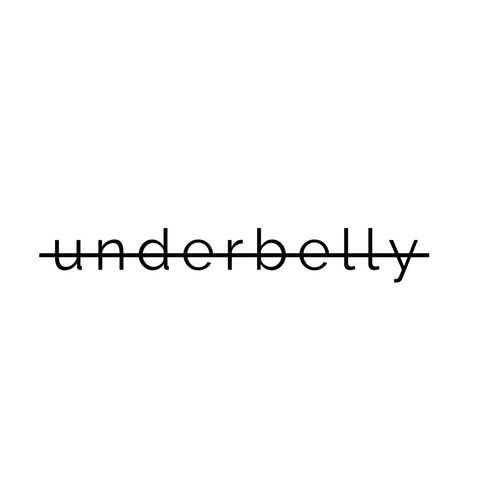Kwame Dawes on revision
KWAME DAWES
I do the things that need to be done when they need to be done. Writing is a constant. I don’t recall ever saying that I don’t have time to write. My view is that there is far more time available to us than we think. But I also recognize that in life we set priorities and we somehow manage to allow those to carry us through. I like writing, so in very much the same way that I manage to find time to watch Hulu, Netflix, HBO, or ESPN, because I enjoy doing those things, I find time to write. I have a memory of hearing Lucille Clifton in a casual conversation with some younger writers responding to a question about how she managed to find time to write while raising a family of six children, saying simply, “I wrote shorter poems.” This resonated with me because it reflects Clifton’s commitment to her art, but also her willingness to admit that even as artists we are products of our world—all our experiences are part of the material that we employ in our art. So, how do I find time? Well, I had no idea it was lost.
*
I think that good poets are attuned to the rhythms of the language they use, and better poets find a way to manipulate the possibilities in those rhythms to create something that carries those rhythms. There is very little that is complicated about rhythm or meter in poetry. We are trying to be sensitive to the rhythms inherent in all speech. We can find ways to track those meters and actually score them. Once we can score them, they become useful tools. In this sense there is a relationship to music, which is more obviously engaged with rhythm. I am sure I write with a beat in my head, but that beat is likely there because of the beats I have read, and the sounds I hear in speech of all kinds. When I edit, I listen for patterns, ways to create a deliberate effect with those patterns. Some African writers hear the King James Bible in their heads, some hear drums, some hear trees, and some hear the syntax of poems they have read and liked. In other words, I don’t think African poets are especially different from other poets in that sense. But in the same way that some people are great dancers, some poets are extremely gifted or well trained in the manipulation of rhythm.
Source: https://lithub.com/kwame-dawes-on-rhythm-diaspora-and-political-poetry/
